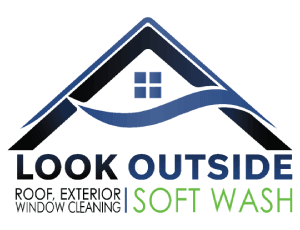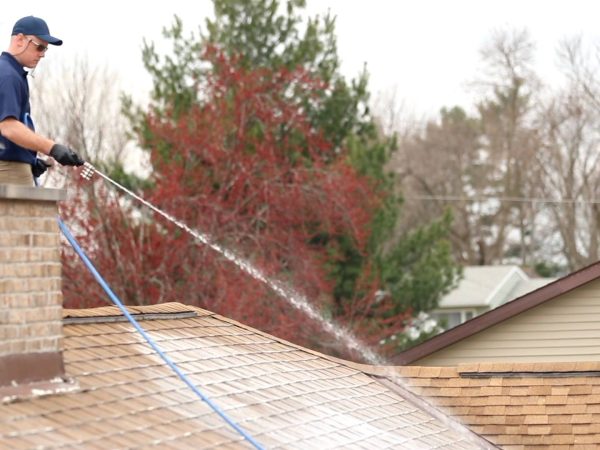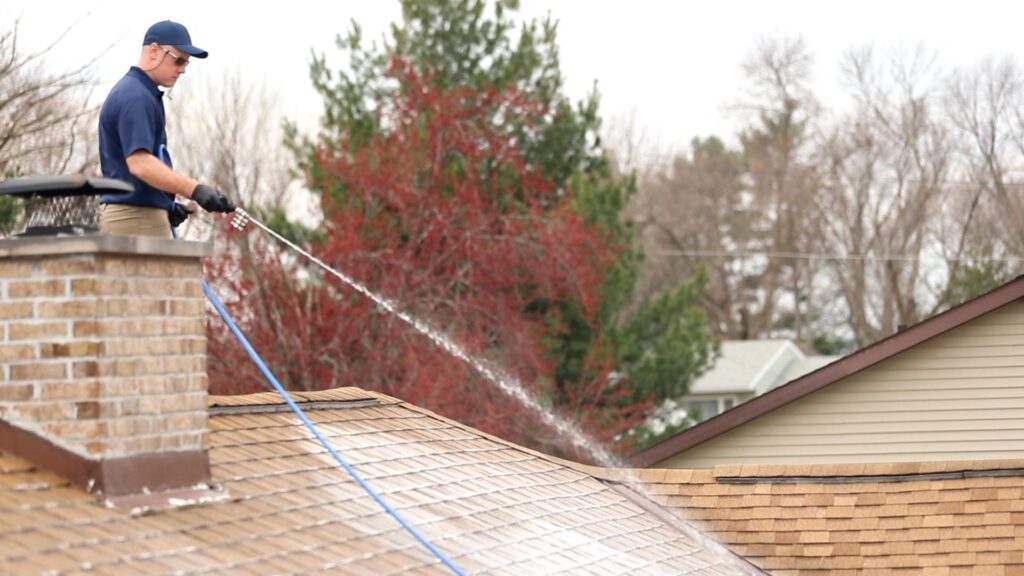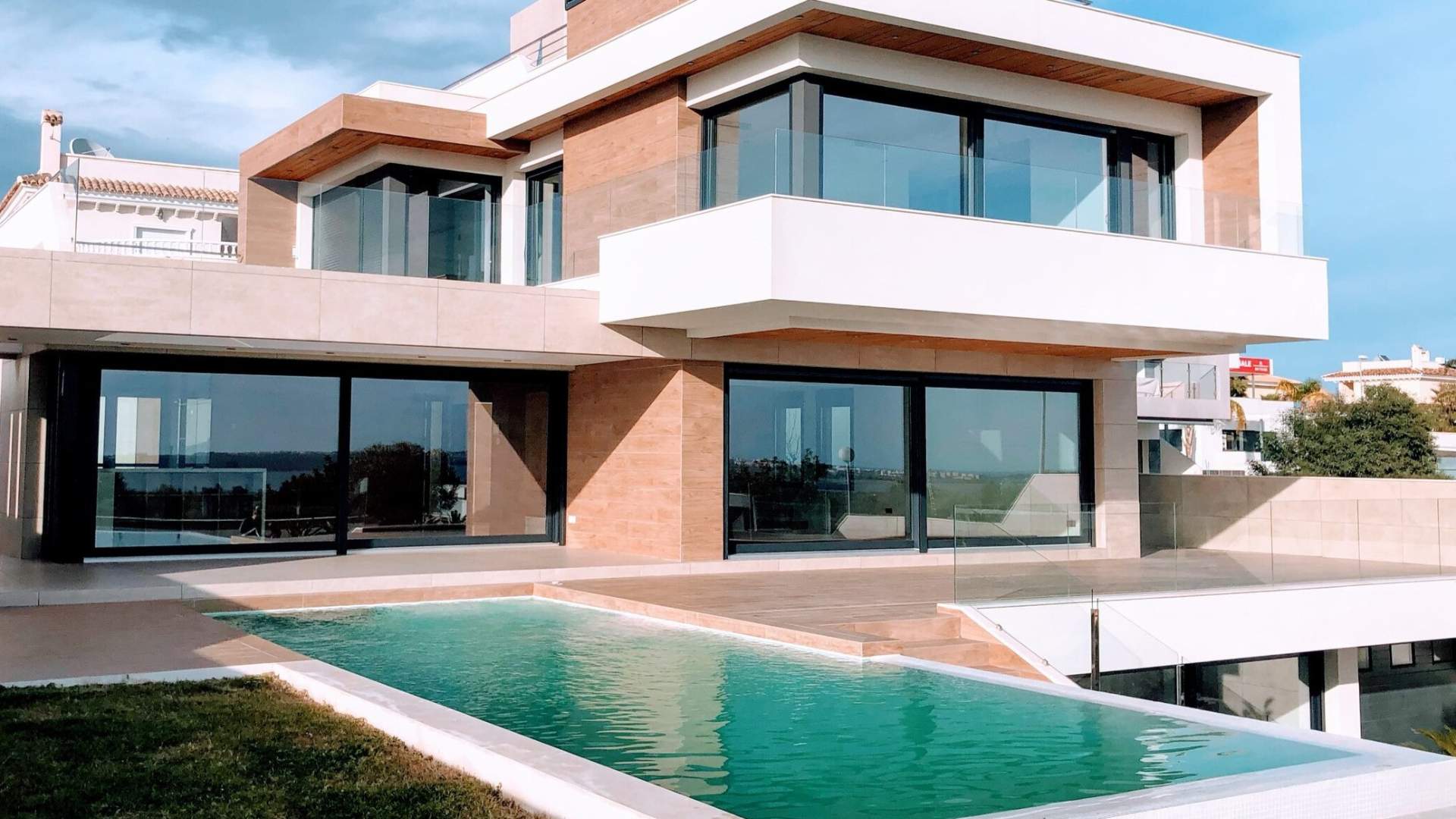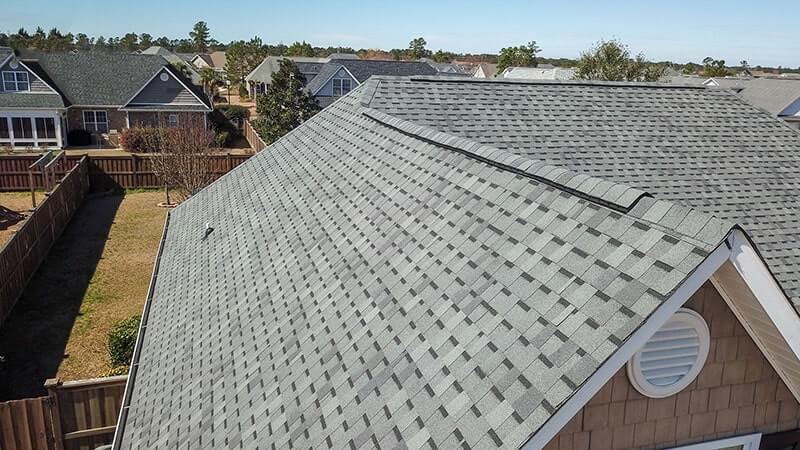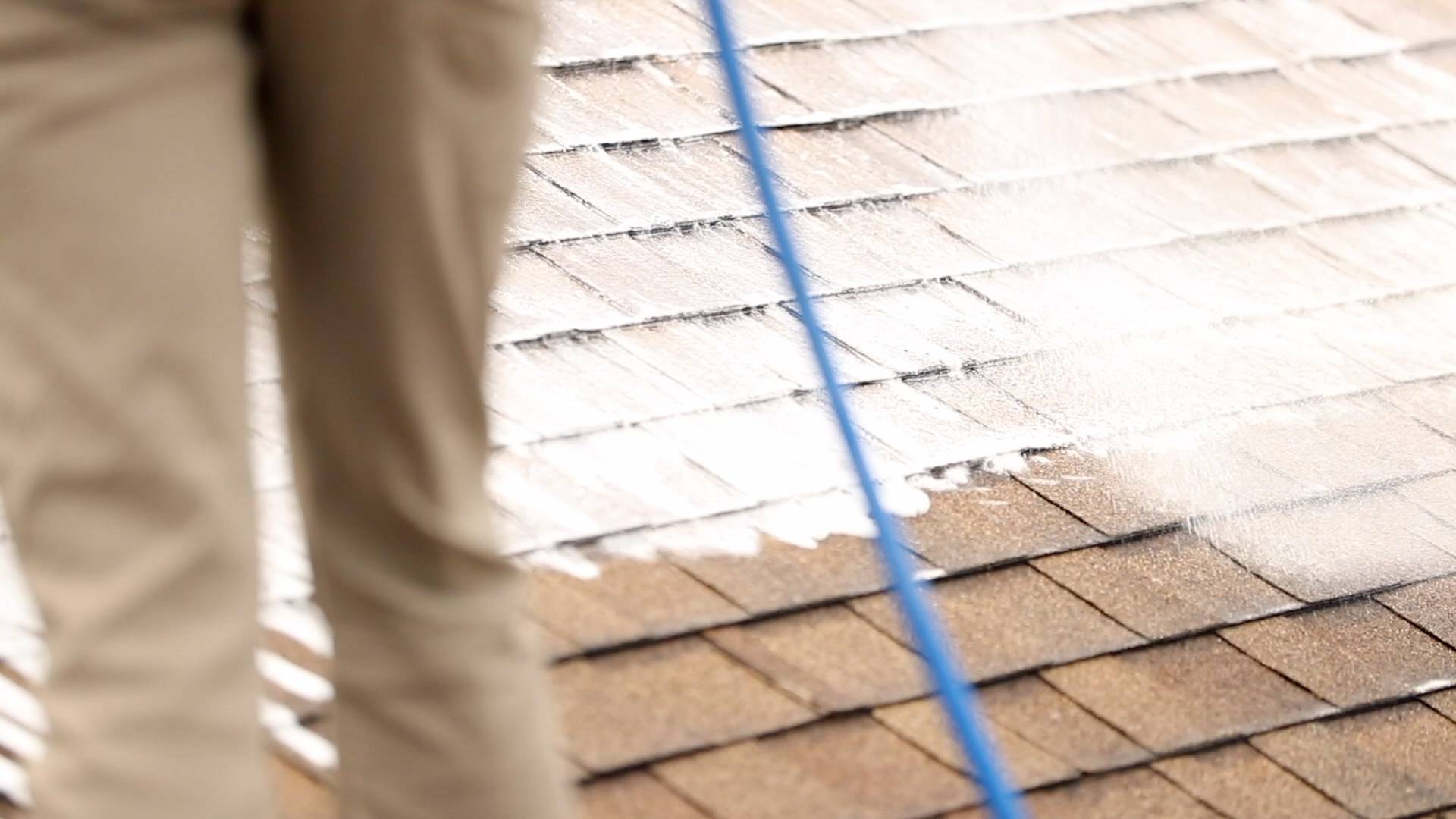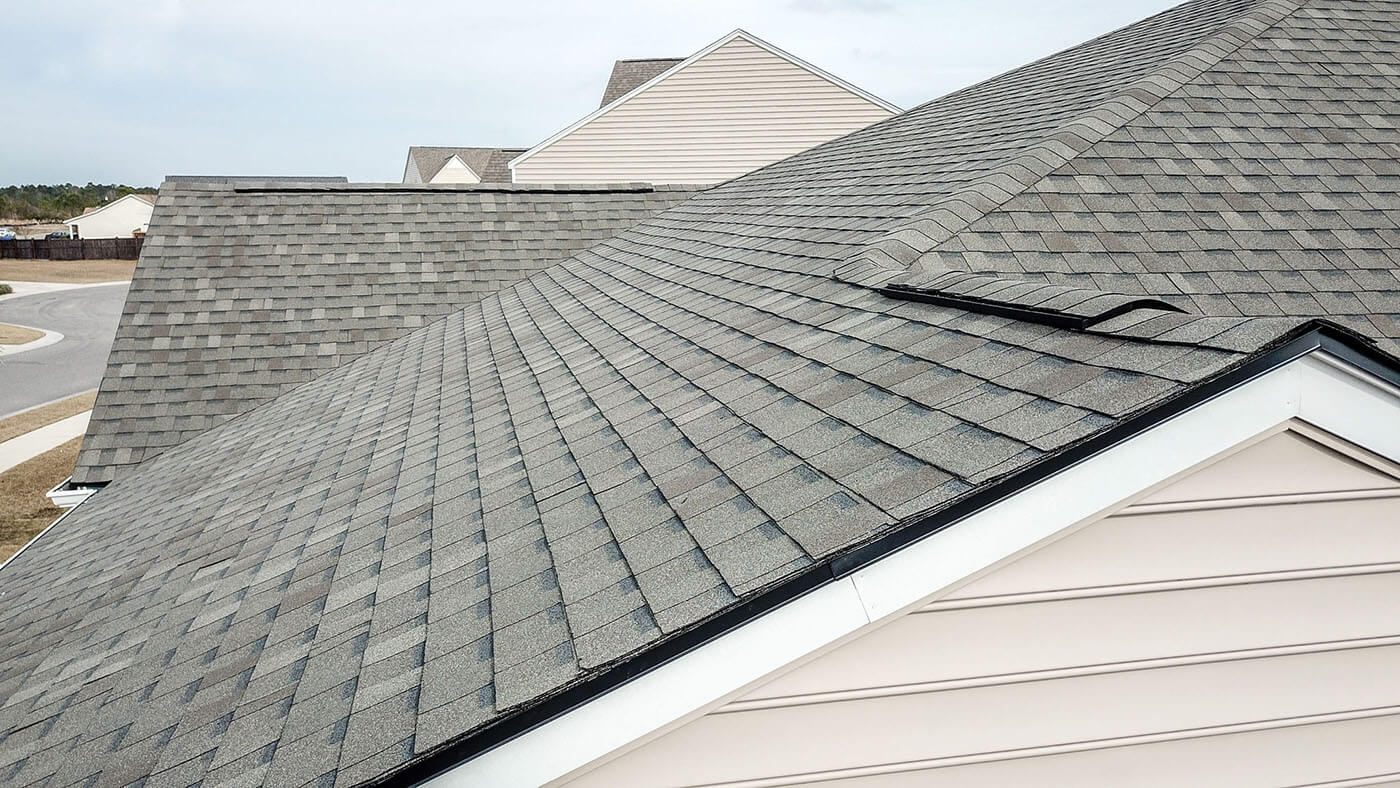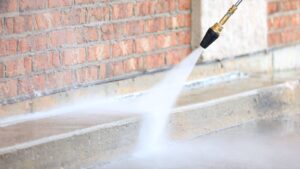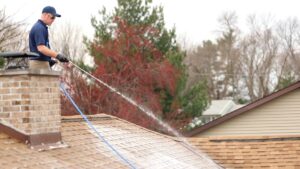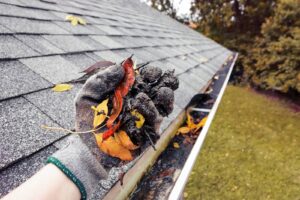Using a soft wash roof cleaner is an inexpensive way to clean your roof. It can help remove mold, mildew, and other types of grime. It can also help protect your roof against damage from sunlight and other elements. Read on for some ideas.
Water
Using a soft wash roof cleaning solution is a great way to get rid of dirt and debris. It will also help extend the life of your roof.
A soft wash solution will not leave residue on your roof or siding. It is also environmentally friendly. The chemicals used in the solution are safe and do not harm people or surrounding plants.
Soft wash roof cleaning solutions use chemicals that are specially designed for your roof. They are designed to dissolve thick dirt. They also help to kill moss and algae. They will also prevent new stains from forming.
Soft washing is recommended for roofs made of wood panel siding, stucco, and outdoor rooted plants. It is also safe for your windows, siding, and outdoor wood furniture.
Hydrochloric acid
Using hydrochloric acid for soft wash roof cleaning has its merits, but the water-dilution method will do the trick as well. This acid is not the only chemical on the market that can get the job done, but it is one of the cheapest and most effective.
The name of the game is to determine which chemicals will work best for your particular roof. There is no right or wrong answer, as long as you choose the right ones. The best chemicals to use for soft wash roof cleaning are bleach, muriatic acid and sodium carbonate peroxyhydrate (sodium carbonate). Using these chemicals will keep your roof free of algae, mildew and dirt, which can be damaging and potentially cause flooding in your drain systems.
Using a high-pressure washer with a brush nozzle will give you the best scrubbing power for those tough stains. It also entails wearing appropriate safety gear like rubber gloves, long sleeves and eye protection.
Surfactants
Using soft wash roof surfactants to clean your roof is a great way to get a clean roof without causing damage to your home. However, the process does require a little know how. It’s a good idea to consult a professional roof washing contractor to make sure you’re doing it right. The process involves using chemicals, detergents and surfactants to remove dirt, algae, and grime from your roof.
The best surfactants for soft wash are those that do the most to remove grime, dirt, and algae from your roof. The main ingredient in this process is sodium percarbonate. This compound is biodegradable and starts working the moment it comes in contact with water. It starts to break down after about one minute, but its ability to clean your roof is still in effect.
Bleach
Using bleach to clean your roof can be a great way to get rid of algae and mildew. However, you should be careful when using bleach on your roof. It can be damaging to your roof and plants if you use bleach incorrectly.
When cleaning your roof, you should use a diluted bleach solution. This will ensure that the bleach will reach the root of the organic material and kill it. This will prevent algae and fungus from growing on your roof.
If you don’t use bleach, you can also use a chemical cleaner to clean your roof. This will loosen stains and remove dirt. The cleaner is usually diluted to four times its strength. It is compatible with chlorine, acids, and caustics.
The cleaner is also a powerful detergent. It will remove debris, dirt, and other organic stains. This cleaning solution is usually purchased in packs of four.
Biocides
Using soft wash roof biocides can be a cost effective way to clean your roof. Soft wash cleaning is a low pressure cleaning method that uses a blend of soaps and chemicals as surfactants. These chemicals are both safe and HSE approved. They work by killing unwanted biological growth, such as moss and spores, and by preventing the build-up of bacteria.
Soft wash roof cleaning can be applied to asphalt roofs and wood shake roofs. It also works on man-made slates and smooth, non-porous roof surfaces.
Soft wash roof biocides work by killing the spores and algae that reside under the surface. They also prevent future growth of moss and lichen.
Soft wash roof biocides can be used for a variety of cleaning applications, including fence cleaning, deck cleaning, driveway cleaning, roof cleaning and more. The chemicals used in soft washing are safe for children and pets, and they do not bioaccumulate.
